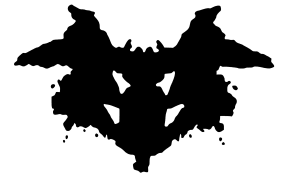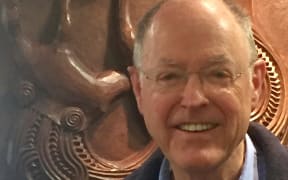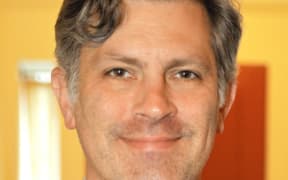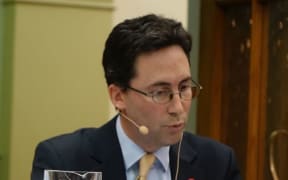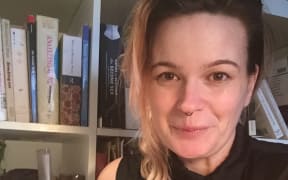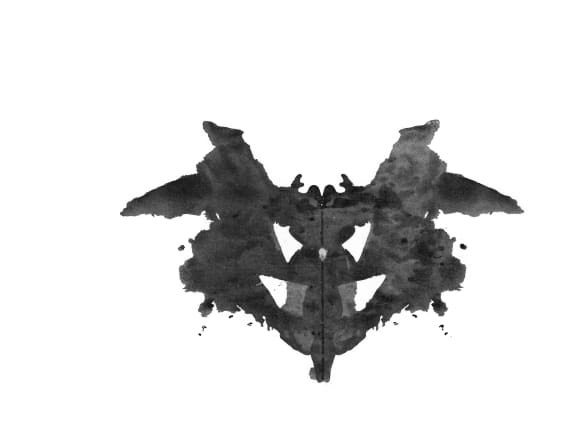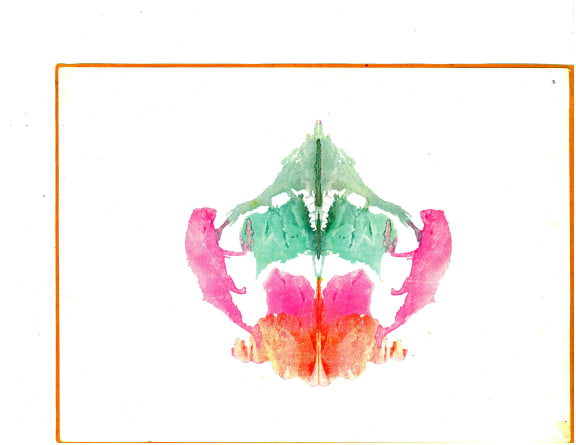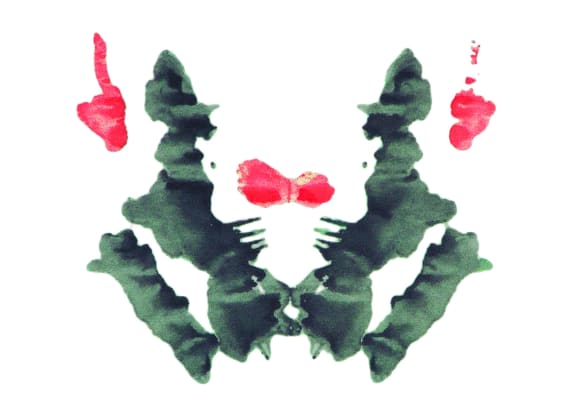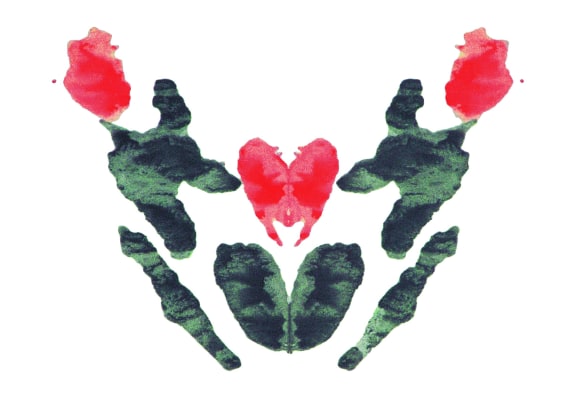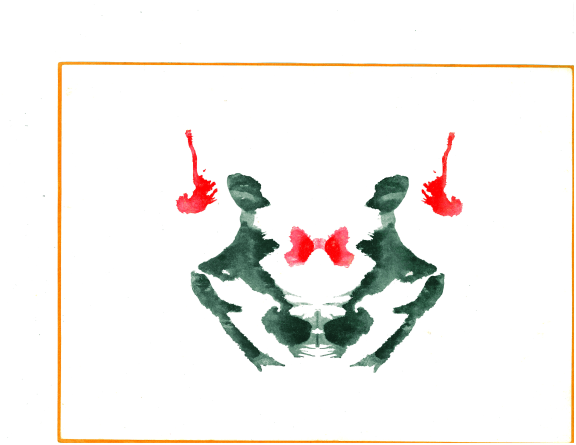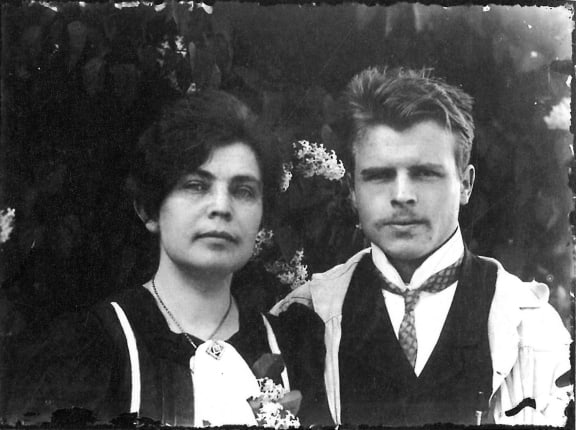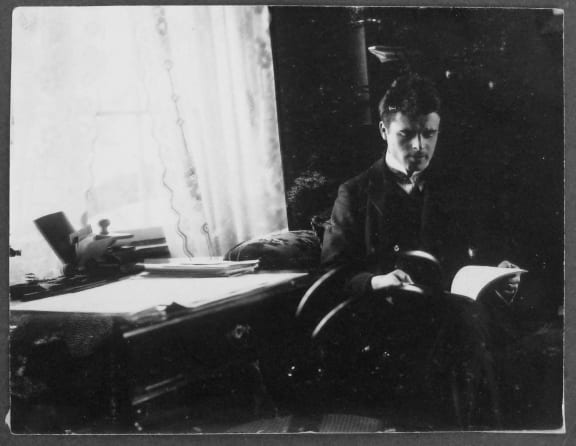Saturday Morning for Saturday 2 December 2017
This Saturday Morning: Kim talks to Damion Searls, who's just written a book about Hermann Rorschach, who believed he could diagnose mental illness in patients by showing them his inkblots - and caused a revolution in the clinical practice of psychiatry; Don Brash drops in to explain why he's fed up with Radio NZ reporters using Te Reo; John Collins explains his theatrical interpretation of Ernest Hemingway's The Sun Always Rises; the outgoing British High Commissioner to New Zealand, Jonathan Sinclair, reflects on Commonwealth geopolitics a week before he ends his three-year tenure; Fiona Vera-Gray describes her latest research project - a look at the porn-watching habits of over 2000 women in the UK; Owen King on the novel he wrote with his father, iconic horror writer Stephen King; and Saturday Morning regular Kate Camp reflects on her time on the Katherine Mansfield Fellowship in Menton, France.
8:10 Damion Searls - The Inkblots
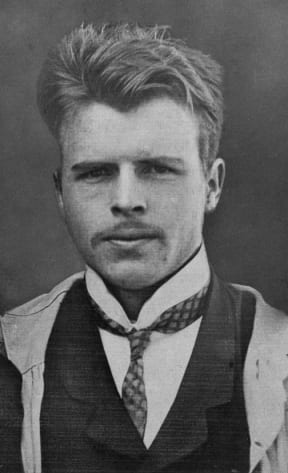
Hermann Rorschach c. 1910 Photo: Wikipedia commons
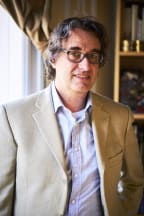
Damion Searls Photo: PAUL BARBERA
Damion Searls is a translator and author based in Brooklyn, New York. He has translated many classic modern writers, including Proust, Rilke, and Nietzsche, edited a new abridged edition of Thoreau's Journal, and produced a lost work of Melville's. His newest work is called The Inkblots: Hermann Rorschach, His Iconic Test, and The Power of Seeing, and traces what New Republic calls "Rorschach's short and undramatic life in Switzerland, Russia, and Germany, and his inkblots' far longer and more interesting afterlife in the United States, where they came to play a crucial role in postwar organisational psychology".
The life and work of Hermann Rorschach
9:06 Don Brash - Ragging on Te Reo
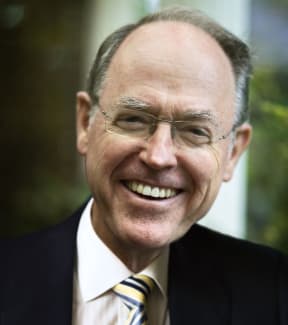
Don Brash Photo: ACT Party
Don Brash was Governor of the Reserve Bank of NZ for 14 years before leaving the post in 2002 to enter Parliament. He became leader of Opposition and the National Party in 2003, and edged, but did not beat, the incumbent Labour Party at the 2005 election. He then went into academia before leading ACT New Zealand into the 2011 election, resigning from that role on election night. As well as a number of directorships and other roles, in 2016 Brash became the spokesperson for a new lobby group called Hobson's Pledge, a group formed to oppose what Brash has described as Māori favoritism and to advocate abolishing the Māori electorates. He has weighed into the debate about the use of Te Reo in the past few weeks, saying he's "utterly sick" of the use of the language by RNZ reporters and presenters.
9:35 John Collins - In Hemingway's Words
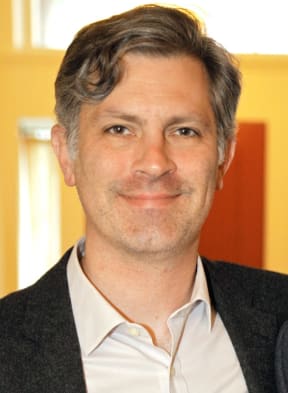
Photo: Supplied
John Collins founded the New York-based experimental theatre company Elevator Repair Service 26 years ago and next year the ensemble brings the show The Select to Aotearoa. The play is a dramatisation of Ernest Hemingway's classic 1926 novel The Sun Also Rises. The story is set after the First World War and explores the angst of the post-war generation through a group of British and Americans attempting to drink away their troubles on a trip to Spain for the running of the bulls. The Select (The Sun Also Rises) runs from February 24 to March 1 in Wellington, as part of the NZ Festival.
10:05 Jonathan Sinclair - Exit interview
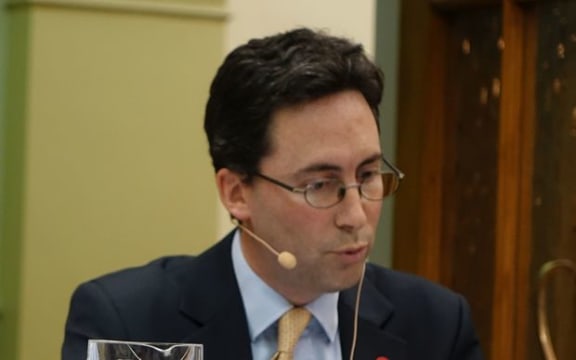
Photo: RNZ
Jonathan Sinclair has been the British High Commissioner to New Zealand since August 2014, and leaves the role this week; he'll eventually return to London. He joined the UK Foreign Office in 1996 after completing a Masters in International Relations and short stints in media and tourism. He has previously served in India and the USA and, in London, has done a wide range of roles where foreign and domestic policies and politics intersect, including on Europe, national security, and trade and investment.
10:35 Fiona Vera-Gray - Women on porn
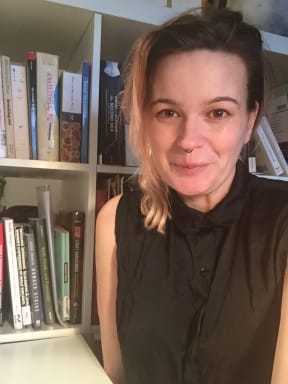
Fiona Vera-Gray Photo: supplied
New Zealand-born Fiona Vera-Gray is a research fellow in the Law School at Durham University in the UK. Her work draws together feminist philosophical approaches and empirical research on violence against women and girls, and is based on her work at Rape Crisis South London. Dr Vera-Gray is currently leading a project called Women on Porn - the largest ever study solely focused on the range of women's experiences and views of pornography in the UK. She'll be discussing emerging findings at a seminar at Victoria University, Wellington, on December 5.
11:05 Owen King - Sleeping Beauties
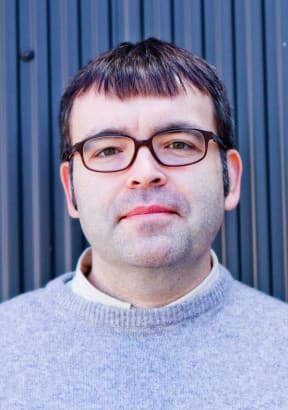
Owen King Photo: supplied
Owen King is a graduate of Vassar College and the MFA programme at the Columbia University School of the Arts. He is the author of the novels Double Feature, We're All in This Together and the co-editor of Who Can Save Us Now? Brand-New Superheroes and Their Amazing (Short) Stories. He is the son of horror writing icon Stephen King, who has authored more than 50 books. Owen and Stephen have paired up to write their latest work, Sleeping Beauties, which examines a world where women have succumbed to a sleeping sickness, leaving men to their own devices.
11:40 Kate Camp - Menton debrief
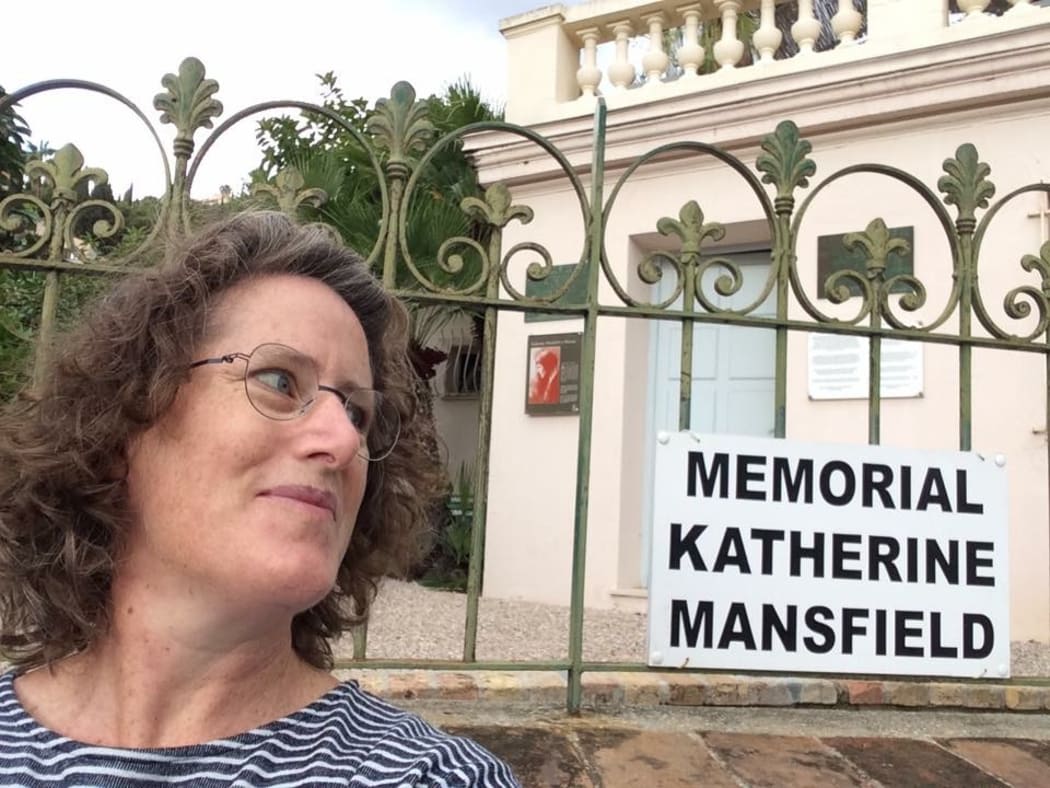
Kate Camp in Menton Photo: supplied
Kate Camp has published six collections of poetry - her latest, The Internet of Things, was released earlier this year, and was this week named as a poetry finalist on the 2018 Ockham New Zealand Book Awards long-list. Camp was the recipient of the 2016 Katherine Mansfield Fellowship, which saw her spend most of the year in Menton, a town on the French Riviera. She'll talk to Kim about her French experience.
Books mentioned in this episode:
The Inkblots: Hermann Rorschach, His Iconic Test, and The Power of Seeing
by Damion Searls
ISBN 0804136548
Crown
Sleeping Beauties
by Stephen and Owen King
ISBN 150116340X
Hachette
The internet of things
by Kate Camp
ISBN 9781776561063
Victoria University Press
